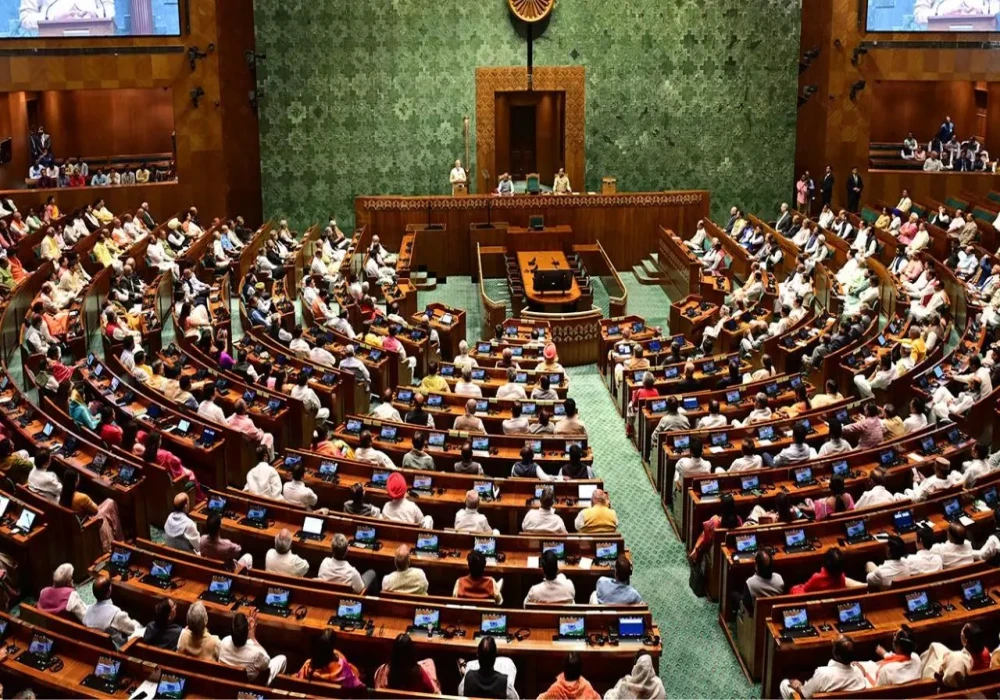
A new bill has been proposed to change the current Waqf law, which deals with the management of religious and charitable properties dedicated by Muslims. This bill, soon to be introduced in the Lok Sabha, suggests several major updates to the existing Waqf Act, 1995.
The proposed changes include renaming the Waqf Act to a new title: the Unified Waqf Management, Empowerment, Efficiency and Development Act, 1995. One key change is that the bill wants to remove Section 40 of the old law. This section used to give Waqf boards the power to decide if a property is considered Waqf property.
The new bill also suggests that the Central Waqf Council and State Waqf Boards should have a more diverse representation, including Muslim women and non-Muslims. It even proposes creating a separate Board of Auqaf specifically for the Boharas and Aghakhanis, and ensuring that different Muslim groups like Shias, Sunnis, Bohras, and Aghakhanis have representatives.
Additionally, the bill aims to make it clearer who can dedicate a property as Waqf. It states that only someone who has practiced Islam for at least five years and owns the property can make it Waqf. The bill also wants to simplify how Waqf properties are registered by creating a central online system and database. It will make sure that before a property is officially recorded as Waqf, all related procedures are followed, including notifying everyone involved.
The Waqf Act, 1995, was originally created to manage properties donated for religious or charitable purposes. It was last updated in 2013.

_500_x_350.webp)
 (1)_500_x_350.webp)







